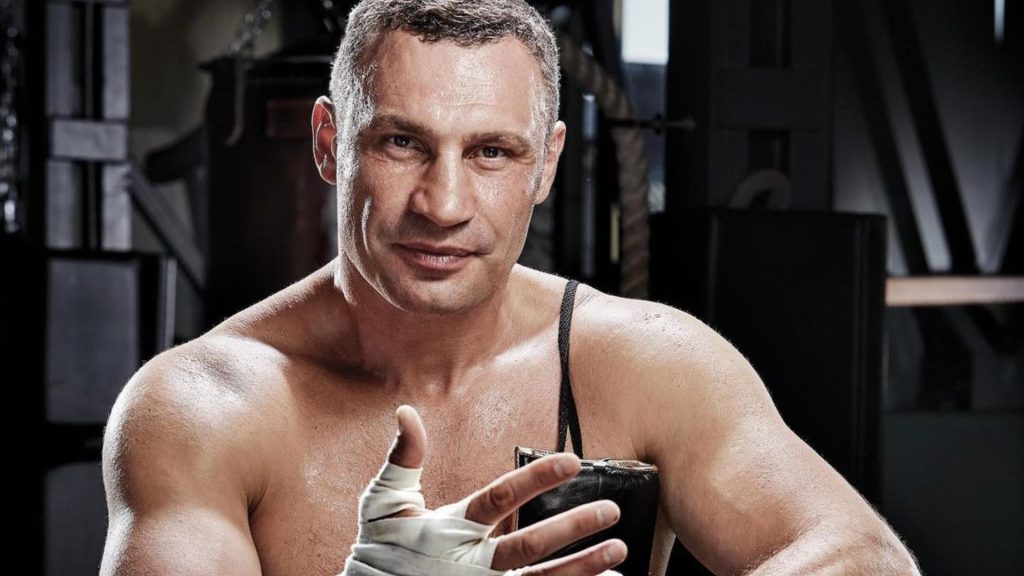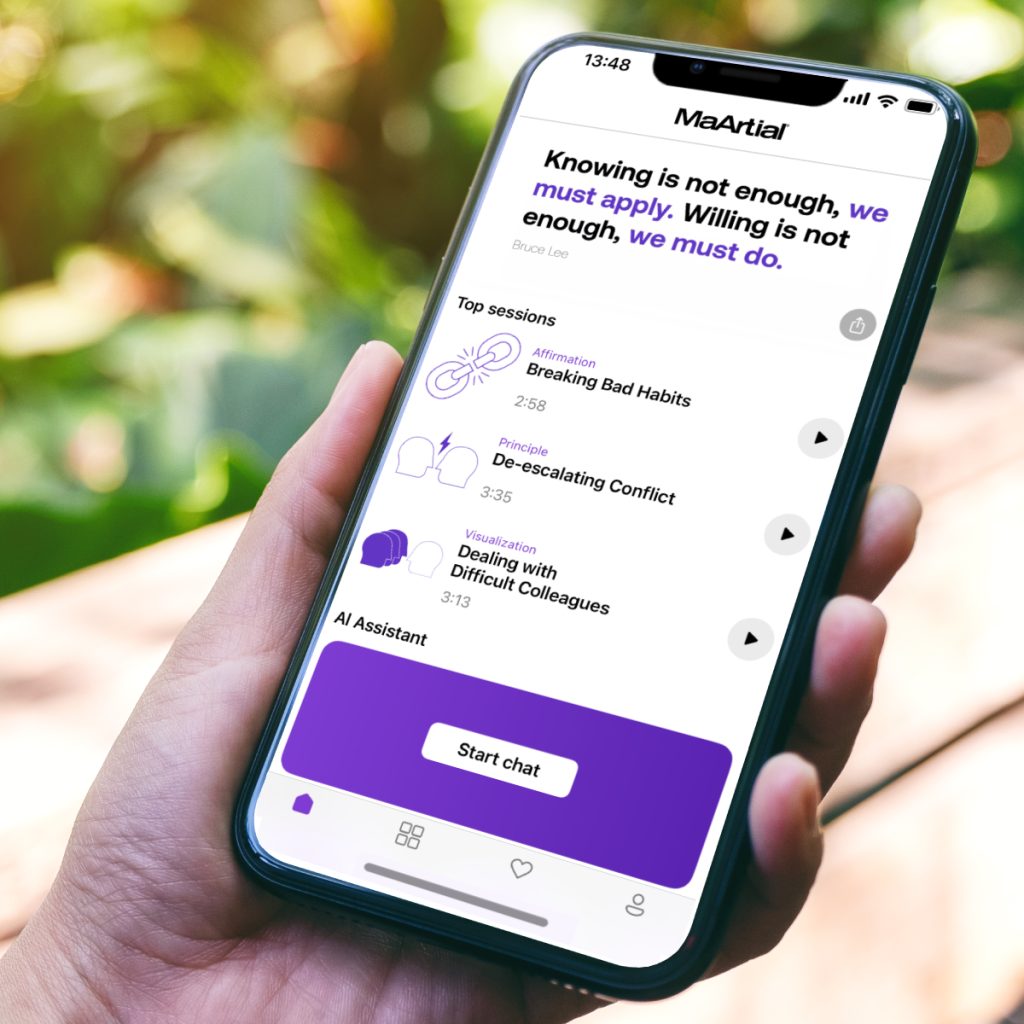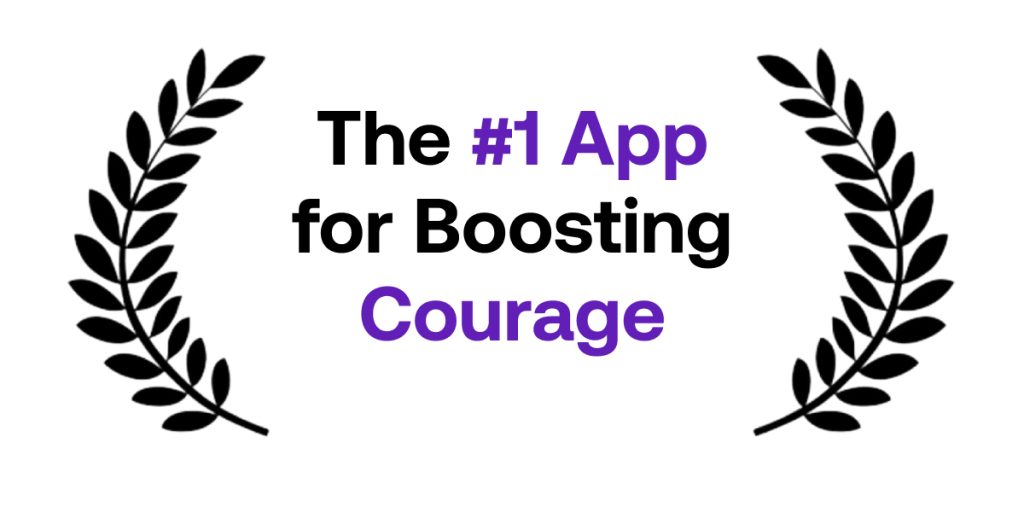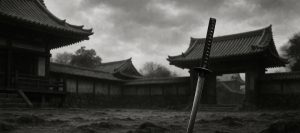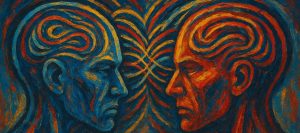The one who punches doesn’t win. The one who dodges punches wins.
– Vitali Klitschko
When WBO Heavyweight Champion Vitali Klitschko stepped into the ring against Chris Byrd in 2000, he boasted a perfect 27-0 record, with every one of his victories coming by knockout.
The fight would be Klitschko’s third defense of his WBO title, and Byrd wasn’t originally supposed to be his opponent. Top contender Donovan “Razor” Ruddock bowed out of the title bout due to illness eight days before the event. Despite training for months to fight Ruddock, Klitschko agreed to the match against Byrd, a much different fighter, with just a week to prepare.
The agile Byrd represented one of Klitschko’s biggest boxing tests to that point, and managed to evade many of the champion’s bigger blows. Still, Klitschko was ahead 88-83 on two judges’ scorecards following the ninth round, and 89-82 on the third. At this point, he was all but assured victory with the final three rounds to go.
But Klitschko felt pain in his shoulder going into the tenth round, and notified his corner. He had suffered a torn rotator cuff, and his manager threw in the towel.
“He doesn’t have the mentality of a champion,” HBO commentator Larry Merchant said while the events unfolded. Years later, promoter Don King would echo similar statements about Klitschko.
But Vitali Klitschko would prove his critics wrong: both inside the ring, and out of it.
Byrd’s run as WBO champion was short lived; Vitali’s younger brother Wladimir would avenge him just six months later, taking the title from Byrd.
Vitali, meanwhile, was a 4-1 underdog when he fought WBC heavyweight champion Lennox Lewis in 2005. Klitschko was winning this fight, too, when a cut opened above his eye and forced the referee to stop the bout, giving Lewis the victory.
But Klitschko would take the WBC championship the following year after Lewis retired, defeating Corrie Sanders. He would retire after defending his title just once due to injury, and enter politics in Ukraine, running unsuccessfully for Mayor of Kyiv.
In 2008, Klitschko returned to the ring and regained the WBC title in his first fight against Samuel Peter. He successfully defended the title nine times over the next four years, and retired for good in 2012 as the WBC’s oldest-ever heavyweight champion at age 42.
In 2014, Klitschko was elected Mayor of Kyiv. When Ukraine was invaded by Russian forces on February 23, 2022, Klitschko remained in his city to defend the capital. He was joined by his brother Wladimir.
NEW! Put the principles from this article into practice with the free courage-boosting MaArtial app on the App Store for iOs and Play Store for Android.
Both men are multi-millionaires, retired from their sport, who could live in peace almost anywhere in the world. Instead, they’ve chosen to actively fight on the front line for their country with Ukraine’s military.
It’s unlikely that Vitali Klitschko will be accused of lacking the heart of a champion again.
Klitschko’s brand of courage parallels that of samurai in ancient Japan. One of the eight tenets of the samurai’s bushido code, as defined by Nitobe Inazō in Bushido: Soul of Japan, is yū (勇), or “heroic courage.”
Heroic courage differs from traditional concepts of bravery in that it directly invokes two elements: deciding what is the morally right thing to do in a situation, and then acting upon that decision. Most consider action alone to be evidence of courage, but deciding what the right thing to do in any particular situation is just as important.
Klitschko could have fought defensively in his final three rounds against Byrd in 2000, and maybe even managed to eke out a victory without throwing another punch. But he would have also been risking a serious injury that could have much greater ramifications to his career, depriving his opponent from a fair fight, and sending the wrong message to his fans.
It couldn’t have been easy to throw in the towel, but it was undoubtedly the right thing to do. And despite how it appeared to many at the time, this kind of sacrifice of personal gain for a greater good is evidence of true courage.

Similarly, Klitschko’s decision to fight for his country couldn’t have been made lightly, especially with the alternate avenues available to him. But choosing to do the right thing in the face of overwhelming odds, and then carrying that decision through, is the kind of courage that Klitschko has made a career of.
In addition to being one of boxing’s most celebrated knockout kings (with 41 knockouts in 47 fights, only Rocky Marciano has a higher knockout percentage among retired heavyweights) and defending his country against a Russian invasion, Vitali Klitschko is also a noted thinker. He has a PhD sports science, and is an avid chess player.
“Chess is similar to boxing. You need to develop a strategy, and you need to think two or three steps ahead about what your opponent is doing,” Klitschko told HBO in 2009.
“You have to be smart. But what’s the difference between chess and boxing? In chess, nobody is an expert, but everybody plays. In boxing everybody is an expert, but nobody fights.”
Lead Photo: Instagram / Vitali Klitschko
Mural: Flickr / Thierry Ehrmann

